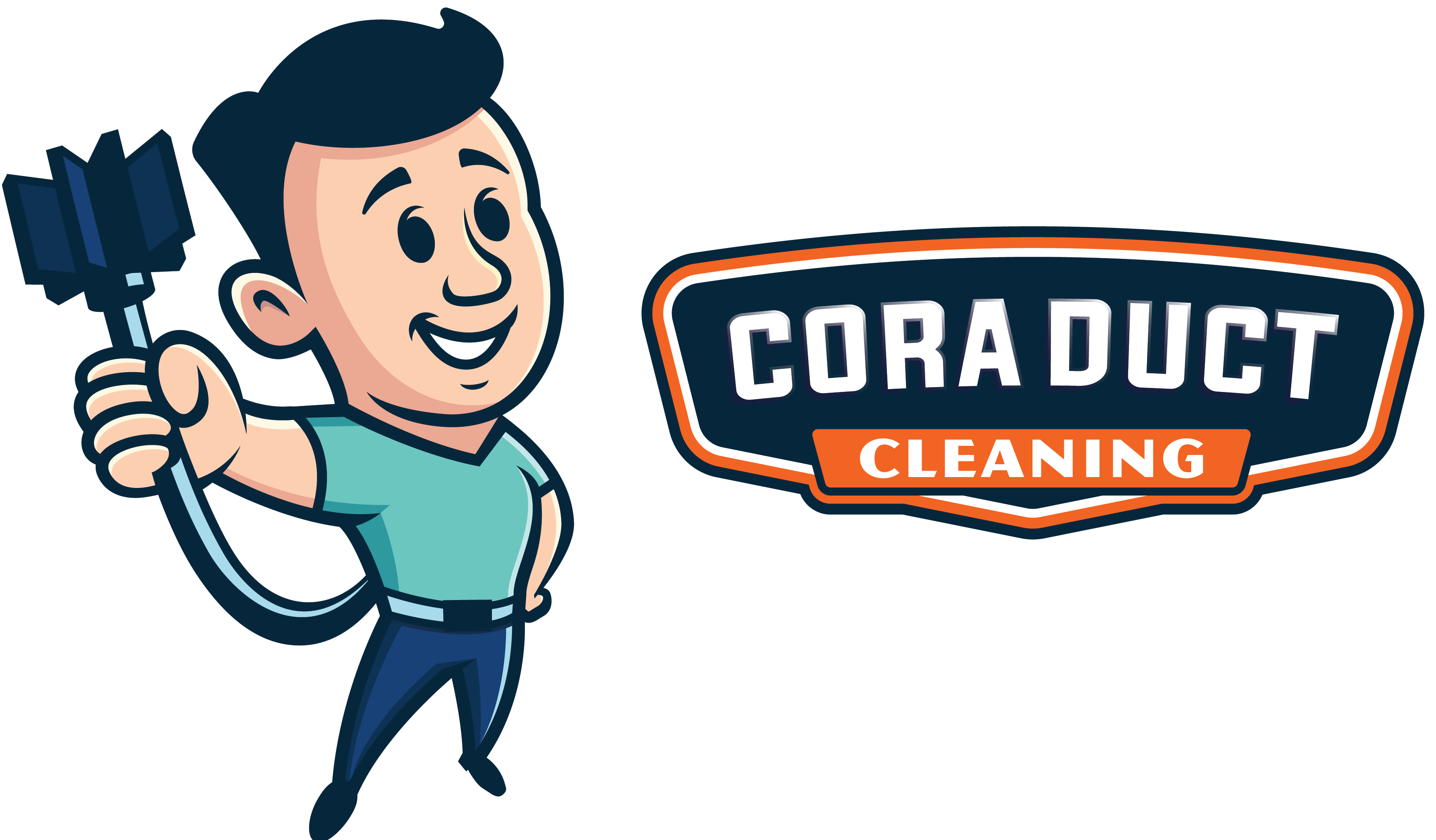Regular air duct cleaning is essential to maintaining a healthy and efficient HVAC (Heating, Ventilation, and Air Conditioning) system in residential or commercial buildings. While there is no one-size-fits-all answer to how often you should get clean your air ducts, experts generally recommend having them cleaned every 3 to 5 years. However, certain factors may influence the frequency of cleaning, such as the presence of pets, smokers, or individuals with allergies or respiratory conditions. Additionally, suppose there are noticeable signs of dust buildup, mold growth, or pest infestation in the air ducts. In that case, it is crucial to schedule a cleaning promptly to ensure optimal indoor air quality and system performance.
1. Environmental Conditions
The frequency at which you should get your air ducts cleaned depends on your home’s environmental conditions. Here are some factors related to environmental conditions that may impact the cleaning frequency:
- High levels of air pollution: If you live in an area with significant air pollution, such as near industrial zones, busy roads, or areas prone to wildfires, your air ducts may accumulate more contaminants and require more frequent cleaning.
- Construction or renovation nearby: Ongoing construction or renovation work near your home can lead to increased dust and debris, which can find its way into your air ducts. In such cases, more frequent cleaning may be necessary.
- Excessive dust and debris: If you live in an area with naturally high levels of dust or if your home is close to dusty environments like deserts or agricultural areas, regular air duct cleaning can help prevent debris buildup and maintain good indoor air quality.

